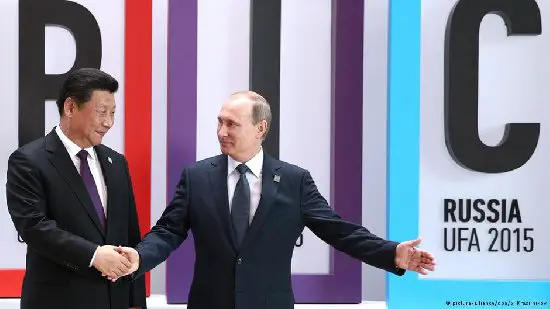The US is reconsidering engagement in one of the world’s largest trade deal after leaving the remaining 11 members of the Trans-Pacific Partnership (TPP) who will sign a revised pact on March 8 in Santiago, Chile.
US Treasury Secretary Steven Mnuchin Tuesday said he had “begun to have very high-level conversations” on TPP, and rejoining the trade pact is an option for US President Donald Trump.
Trump gave broad-brush arguments against the pact in his campaign trail and pulled the US out of it soon after he took office. However, the chief-of-shifter in January expressed openness to rejoining if the terms were improved.
But Washington’s increasing “nationalist anti-free trade” rhetoric may lead the US “no longer much welcomed” by the TPP group than one short year ago, Max Wolff, chief economist at iCash Group, said on CGTN’s The Point (@thepointwithlx).
Besides, it’s easier for the US to rethink and say out its rejoining TPP, but it will take a long time to achieve that, predicted Xu Sitao, chief economist at Deloitte China.
“The threshold for the US would have a more stringent requirement,” Xu argued, saying that some countries within the group may not be ready for it.
Yorizumi Watanabe, professor for the international political economy in Keio University, believed that the revised pact by TPP 11 would instead serve the purposes of bringing the US back to the original form of TPP, as well as keeping up with trade dynamics in the region.
Watanabe and Wolff both see Washington’s renewed decision as a positive move forward.
“The issue of TPP is now in a process of being reassessed [by Washington],” Watanabe said.
Wolff dismissed some hope that TPP may fizzle without the US as “foolish,” adding that leaving the pact became “an aggravation of the decline of American influence in Asia,” which was designed to prevent.
“It was an attempt to strengthen American allies, potentially to have a bunch of trade skirmishes possibly with China and a few other nations,” Wolff said.
The massive trade deal was agreed in Oct. 2015 by nations including the US, Japan, Malaysia, Australia, New Zealand, Canada, and Mexico.
(CGTN)
 简体中文
简体中文



